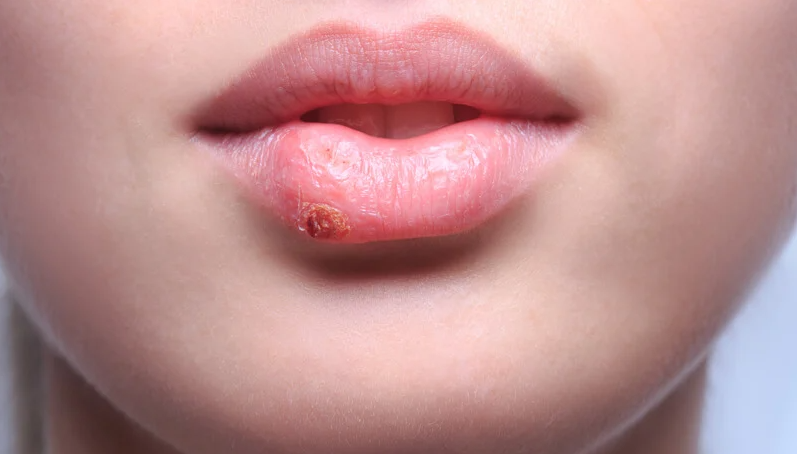As the largest human organ, the skin can frequently reveal health issues and signals that the body sends us through subtle signs. If you observe changes in your skin, they don’t always mean there’s a problem, and they’re not necessarily a cause for concern; they could simply be a lack of certain vitamins or minerals.
If you detect any of the following changes in your skin, small modifications in diet can enhance the health of the entire organism, and this is the food you should include in your menu.
Lips with cracked corners usually suggest a shortage of iron, zinc, and B vitamins like B3, B2, and B12. Vegetarians are particularly susceptible to this issue because their diet lacks many of the vitamins specified.
The solution is to eat more chard, peanuts and legumes as lentils, and then eat salmon, tuna and eggs. Iron absorption is enhanced by vitamin C, which also helps fight infections. This food should be combined with vegetables such as broccoli, red peppers and cauliflower.
Red rash on the face and hair loss indicate a deficiency of vitamin B7, also known as hair vitamin. It can be compensated by consuming boiled eggs, salmon, avocado, mushrooms, cauliflower, soy, orcha, raspberries and bananas.
Red or white acne-like skin, usually on the face, hands and groin, indicates a lack of essential fatty acids and vitamins A and D.
Salmon, sardines, walnuts, and almonds, as well as flax and hemp seeds, can help to make up for their shortage. Vitamin A is found in vegetables such as carrots, sweet potatoes, and red peppers. These veggies are high in beta carotene, which the body uses to obtain the vitamin it requires.
When it comes to vitamin D, just 10 minutes of sun exposure is enough to boost levels.
Tingling in the hands or feet means you’re deficient in B vitamins like folic acid, B6, or B12. Anxiety, despair, anemia, exhaustion, and hormone imbalance can all contribute to these symptoms.
Consume spinach, asparagus, beets, beans, and eggs to replace these vitamins.
A shortage of magnesium, calcium, and potassium causes muscle cramps, stabbing pains in the toes, joints, arches of the feet, legs, and back. If you exercise frequently, you may have an increase in water-soluble B vitamin loss as a result of increased sweating.
Bananas, almonds, hazelnuts, zucchini, cherries, apples, grapefruit, broccoli and vegetables, as well as spinach, can help to make up for the lack of these vitamins.




